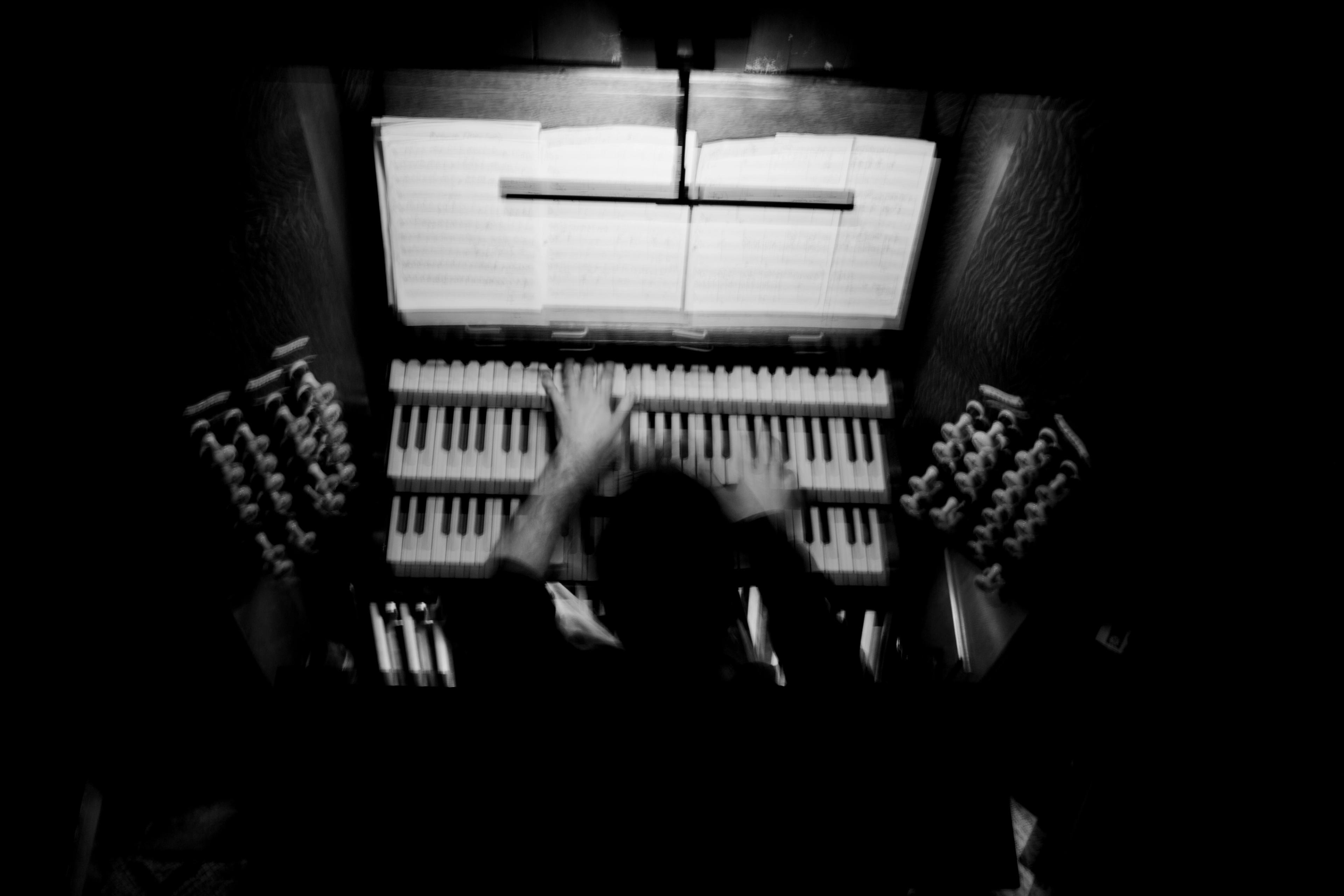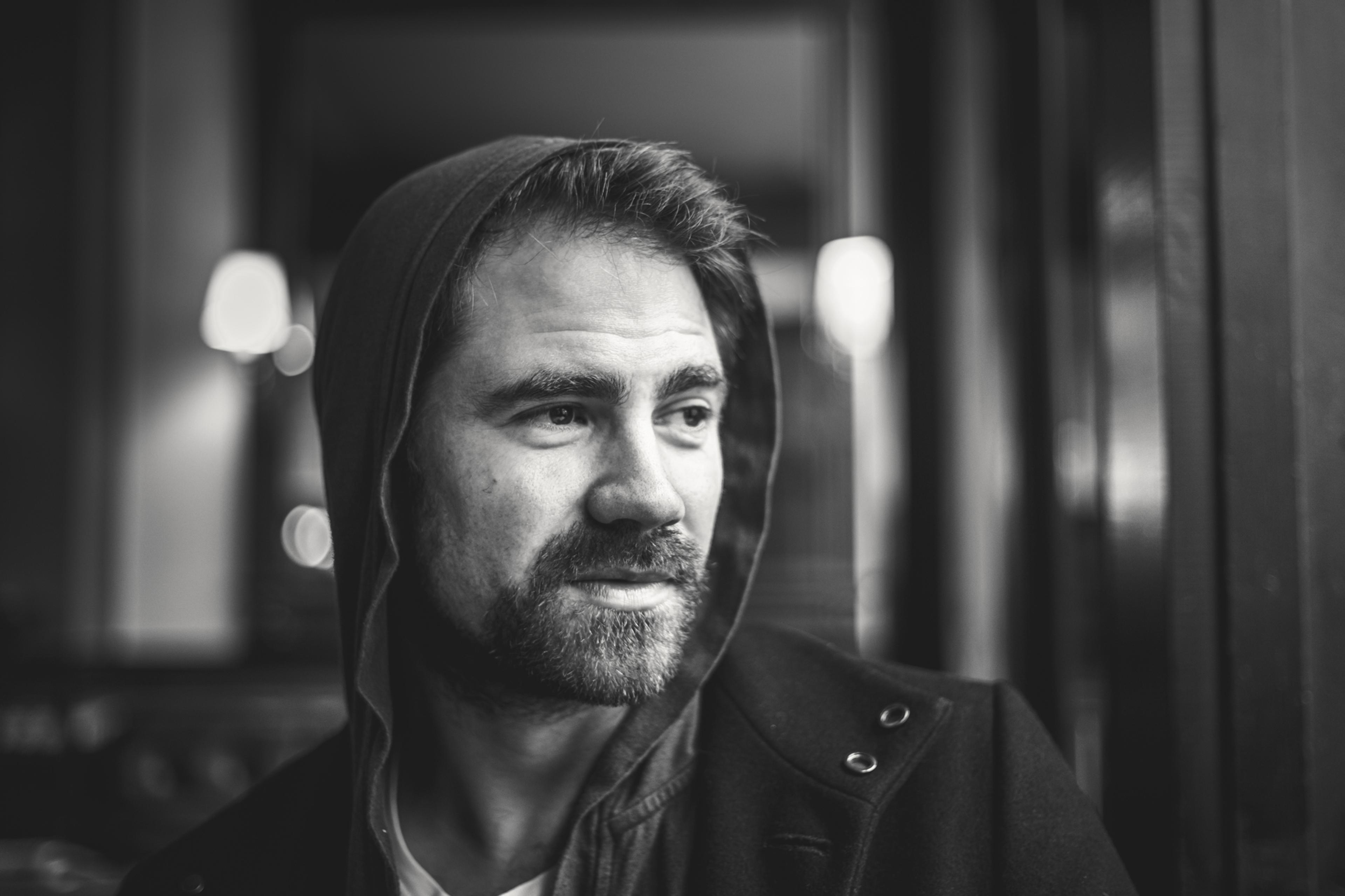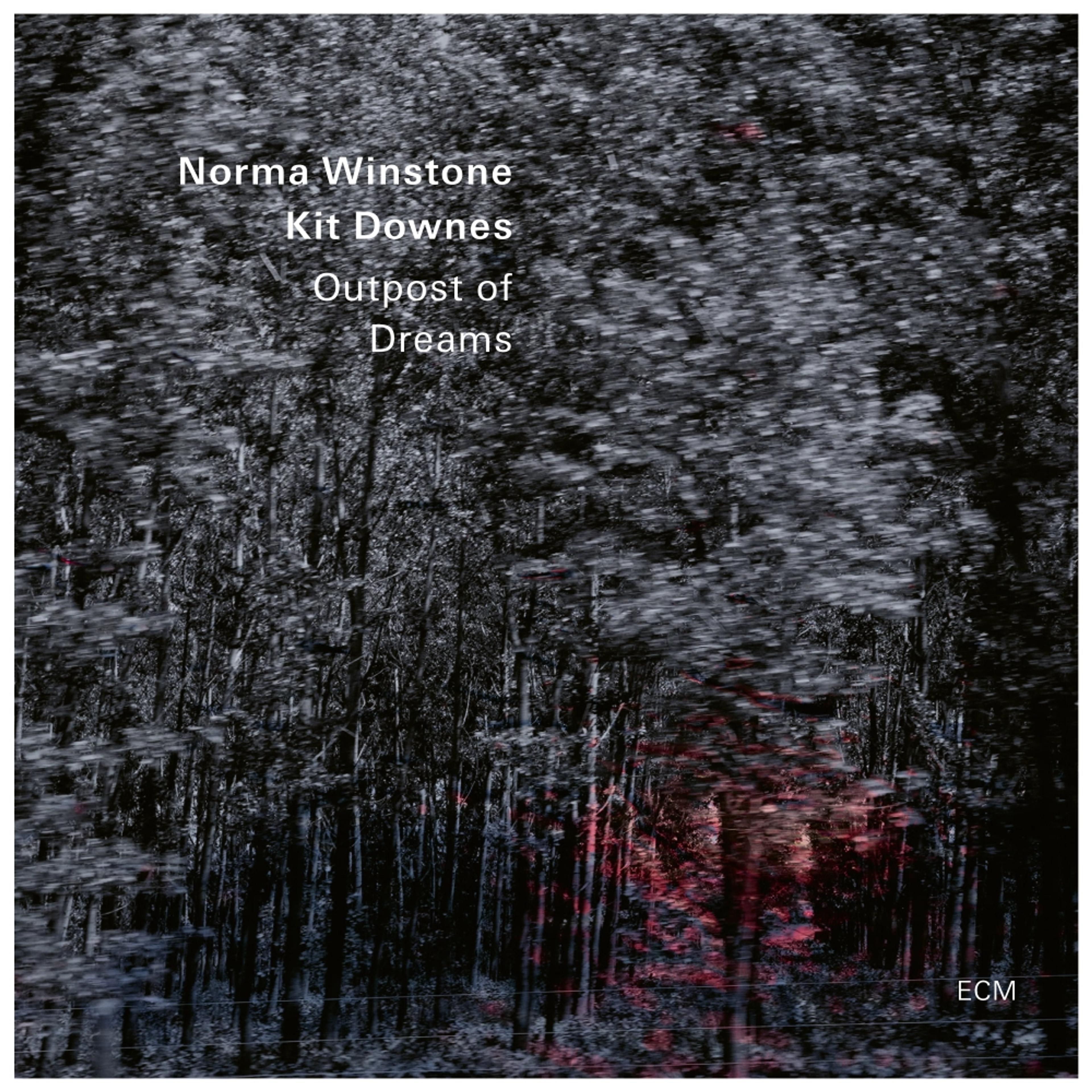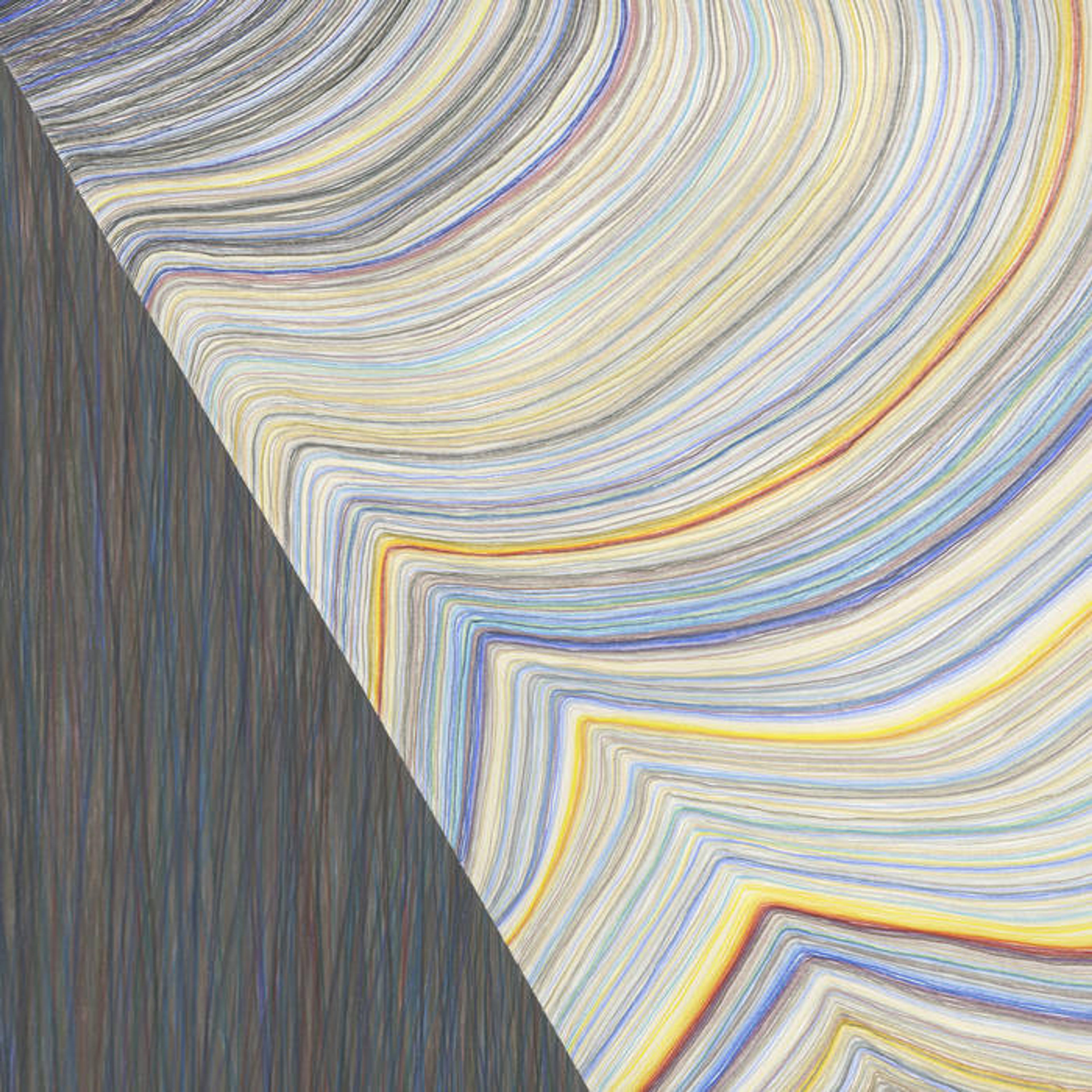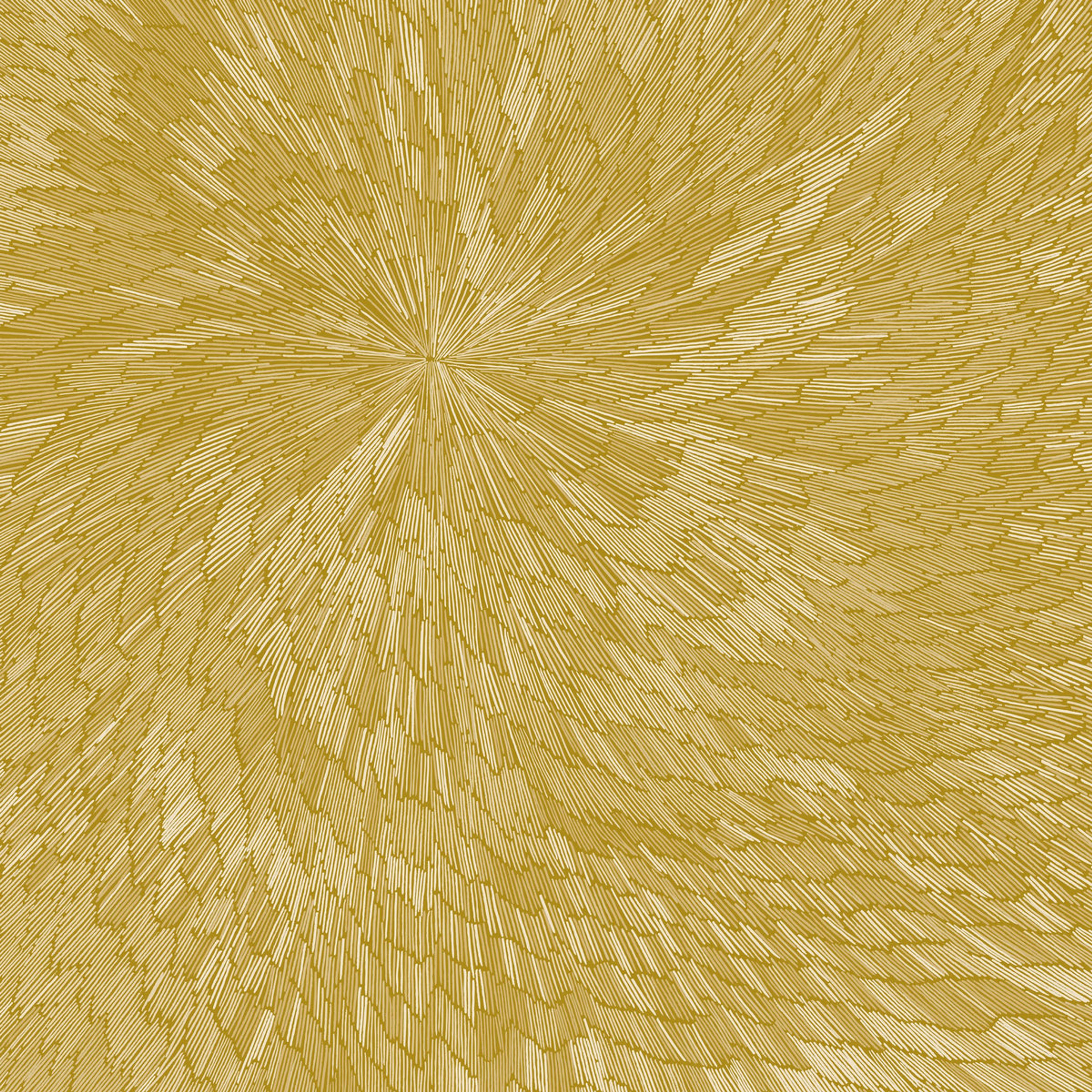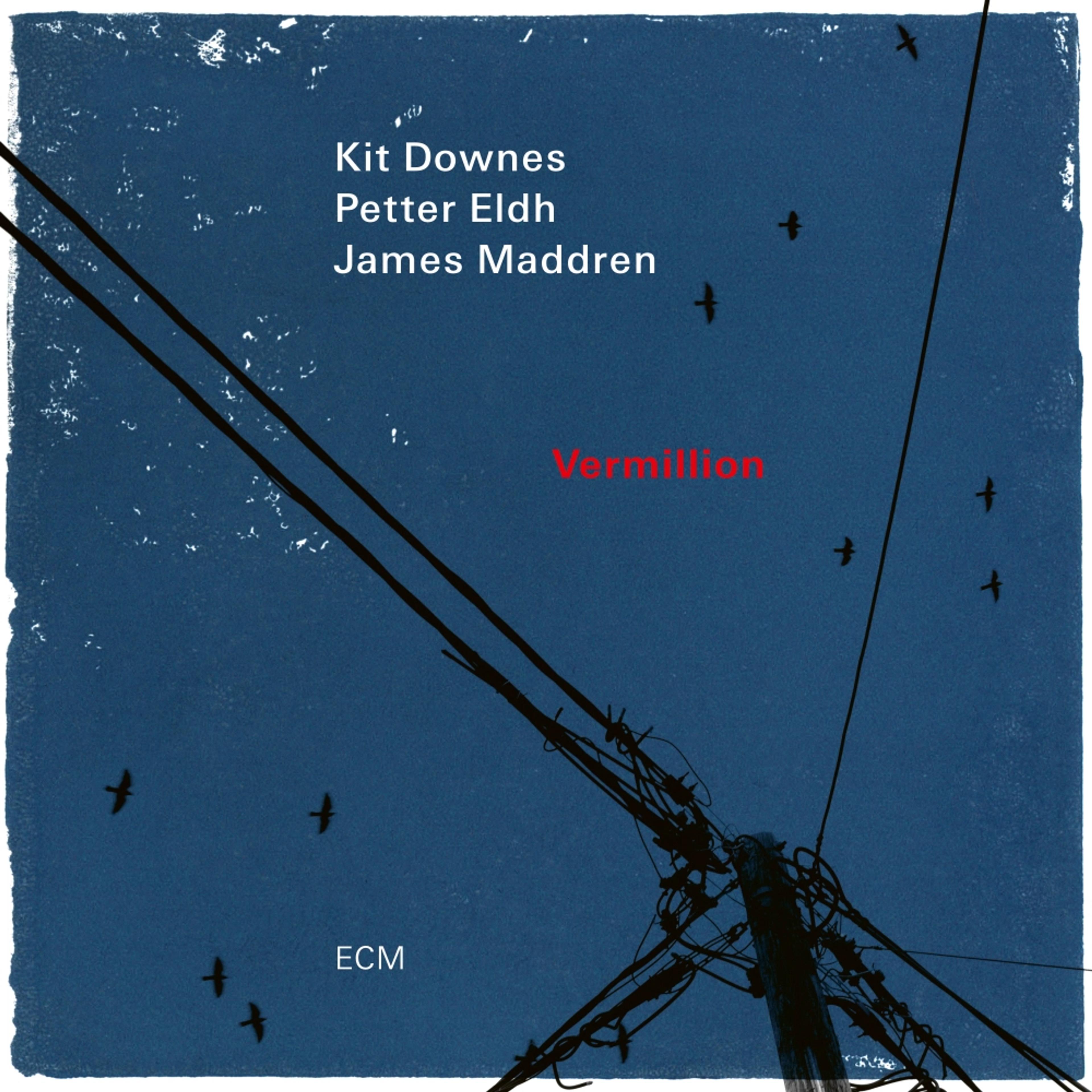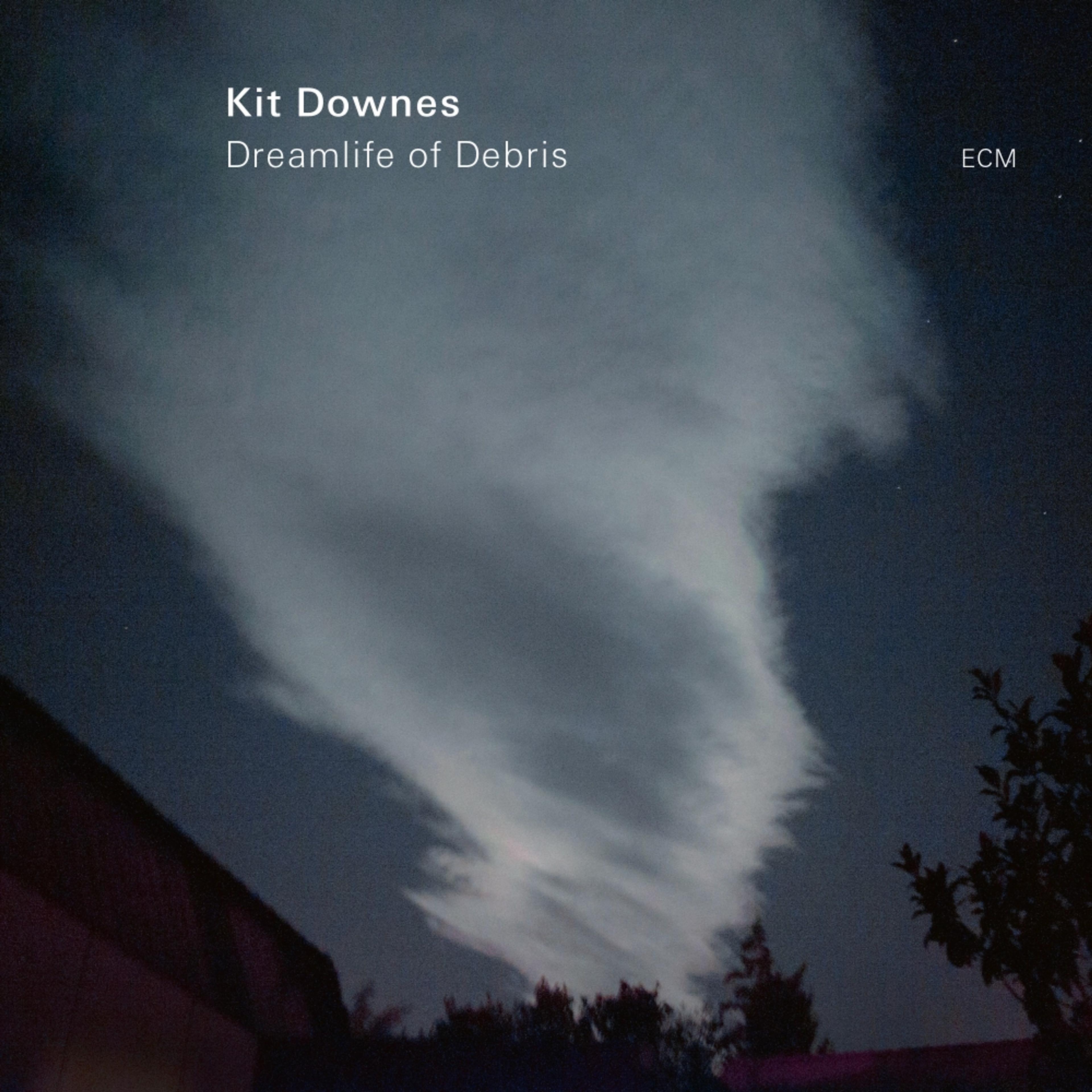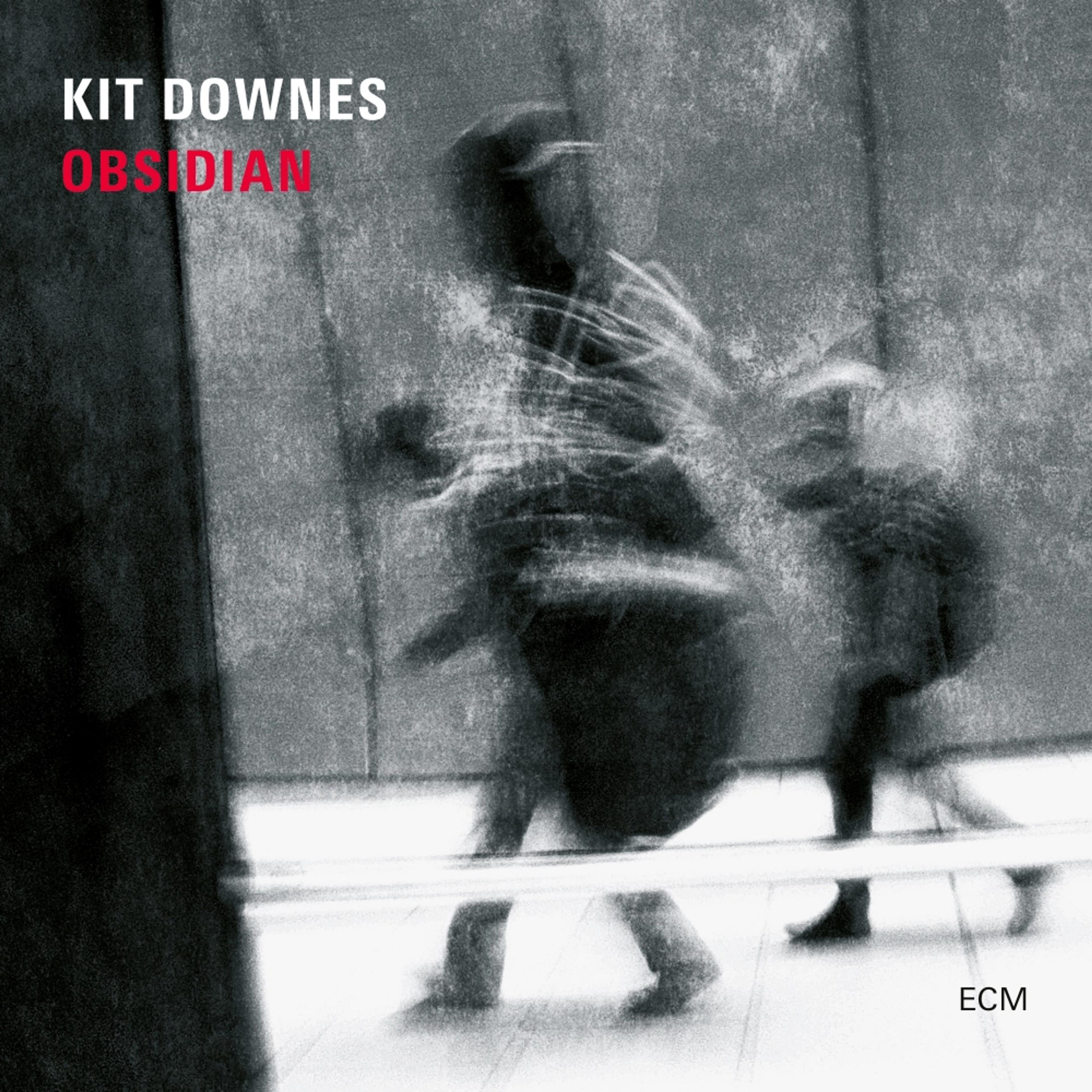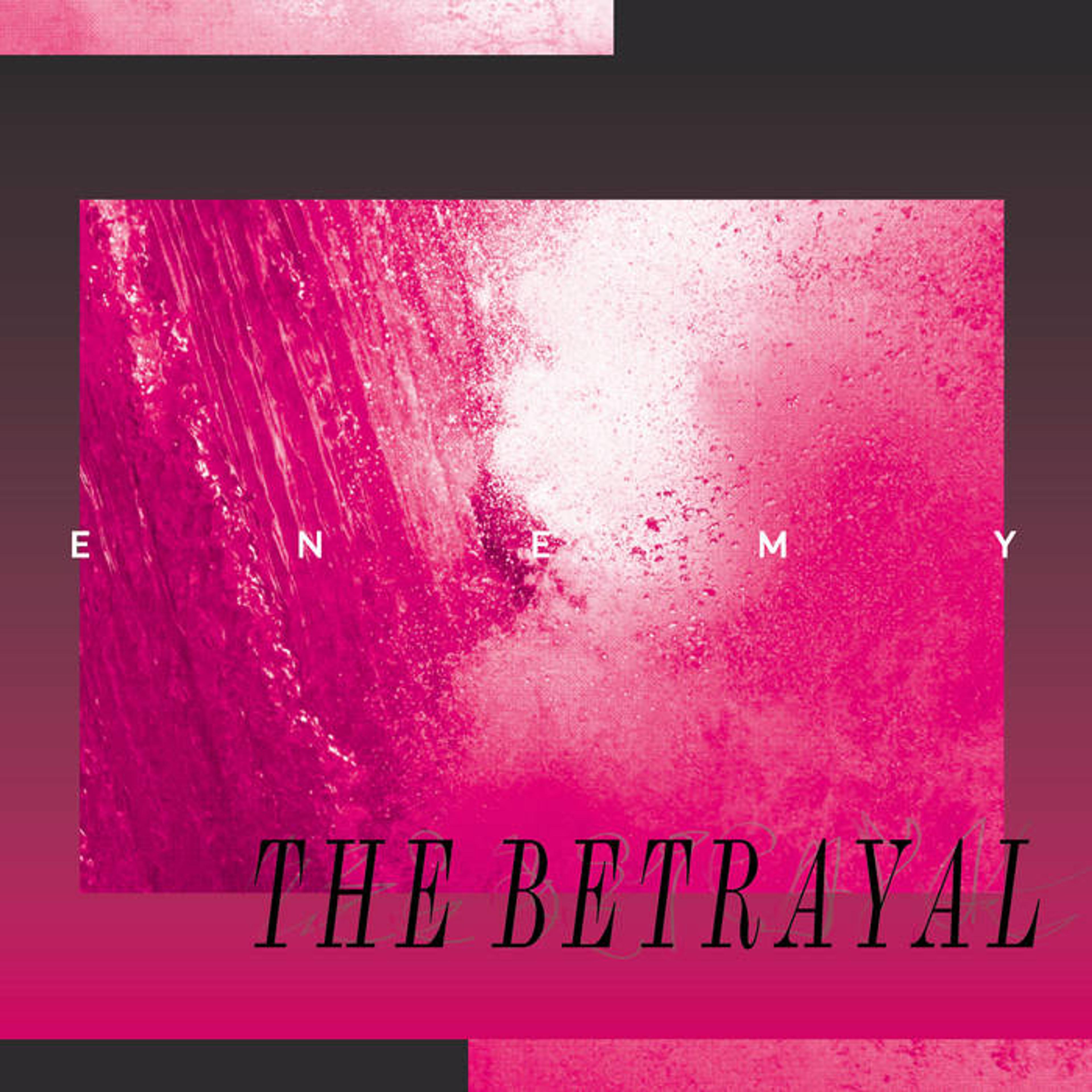KitDownes
- Composer
- Organ
- Improvisation
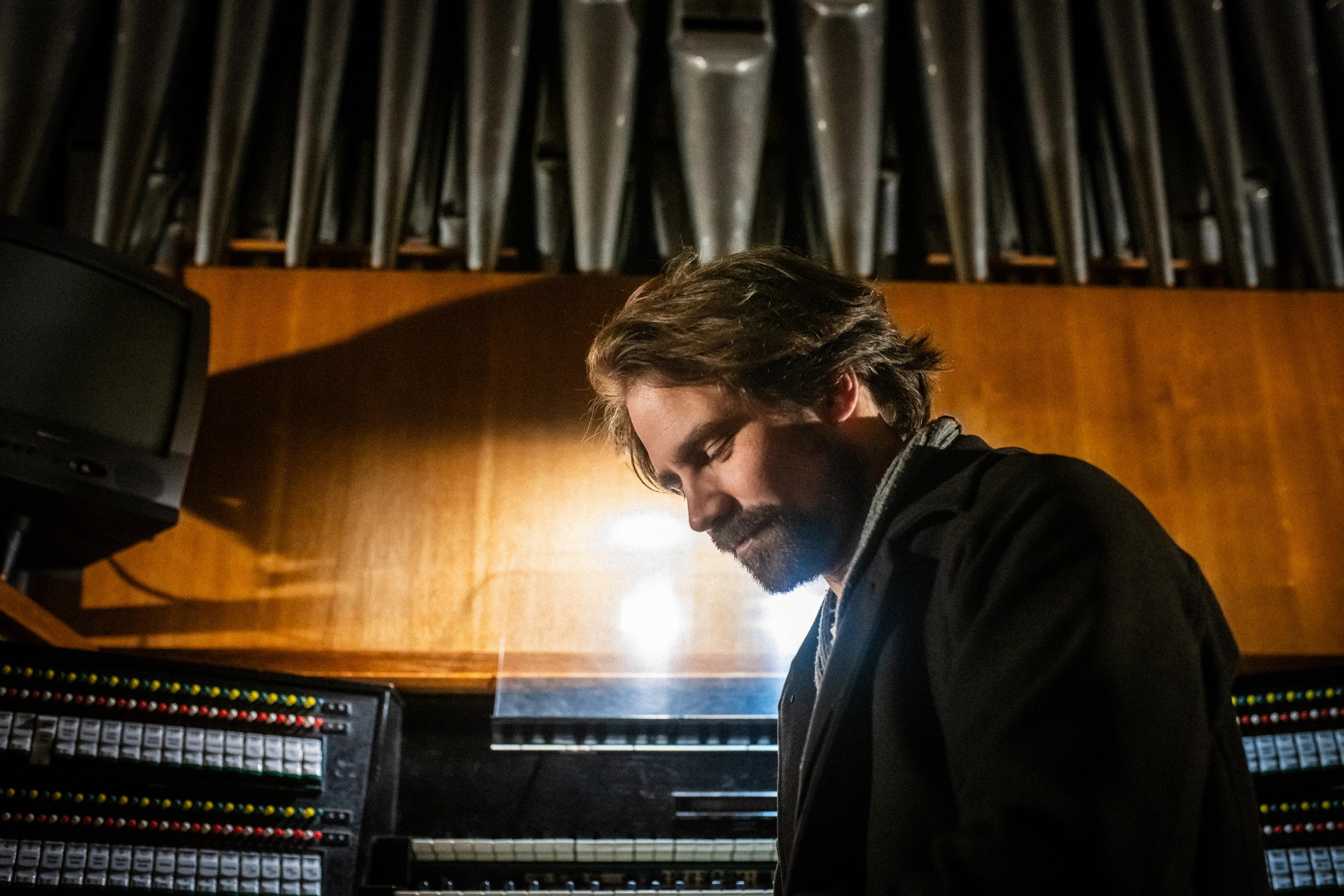

About Kit
“One of the finest of his generation” - Jazzwise (UK)
Kit Downes is a BBC Jazz Award and Deutscher Jazzpreis winning, Mercury Music Award nominated, ECM recording artist, composer and performer. He has toured the world playing piano and church organ with leading artists from the classical and jazz idioms, and his compositions have been performed by Riot Ensemble, Abel Selaocoe, Klang Ensemble, Heloise Werner, Scottish Ensemble, Trondheim Jazz Orchestra, St Paul’s Orchestra in Minneapolis, and HR Radio Band in Frankfurt, at venues such as the Cologne Dom, Rewire Festival, BBC Proms, Toulouse Organ Festival, Stavanger Konserthus, London Contemporary Music Festival and Huddersfield Contemporary Music Festival.
An organ scholar at St Peter Mancroft in Norwich whilst growing up, he graduated from the Royal Academy of Music in London, where he lived for 20 years. He is now living in Berlin, and performs solo pipe organ and with own ensembles (ENEMY, Exhaust and Snap II) while developing a composition practice that is informed by, and inspired by, his broad ranging collaborators. These artists include Lucy Railton, Norma Winstone, Squarepusher, Bill Frisell, Susanne Sundfjør, Andrew Cyrille, Sofia Jernberg, Mica Levi, Aidan O’Rourke and Sam Amidon.
Kit holds a Fellowship at the Royal Academy of Music in London, where he himself studied and now teaches. He has twice been awarded 1st place in Downbeat’s Critics Poll Rising Star for Organ and Keyboard categories respectively, been awarded the Paul Acket Award at North Sea Festival, and his ECM records ‘Obsidian', ‘Dreamlife of Debris' and ‘Vermillion' have been released to critical acclaim.
Contact

Megan Steller
Representation
Worldwide general management with Askonas Holt
Season Highlights
Video
- Playing
Kit Downes' Live at Cologne Dom (part one)
Credit: Filmed by Beat Halberschmidt for BertaBerlin, record by Stephan Vester, mixed by Kit Downes. All music is improvised by Kit Downes. Record at Cologne Dom on 3rd September 2025 at Cologne Jazzweek.
Kit Downes' Live at Cologne Dom (part two)
Credit: Filmed by Beat Halberschmidt for BertaBerlin, record by Stephan Vester, mixed by Kit Downes. All music is improvised by Kit Downes. Record at Cologne Dom on 3rd September 2025 at Cologne Jazzweek. The throat singing at the very end is Koichi Makigami
Kit Downes' Rings of Saturn
Credit: From Obsidian on ECM Records, with Tom Challenger on tenor saxophone
Kit Downes' Breaking the Shell
Credit: A Red Hook Production with Bill Frisell and Andrew Cyrille
Kit Downes' Dreamlife of Debris
Credit: Recorded on ECM
ENEMY's Sun Flex
Credit: From Fiend performed by Kit Downes, Petter Eldh and James Maddren, on Edition Records
Kit Downes' DR. SNAP
Credit: For BIMHUIS Productions composition series 'REFLEX'
Photos
Projects
miré
A trio of composer-performer-improvisers, miré invite you into their world with a shadowy and mesmerising yet playful and virtuosic programme of music from their forthcoming EP. Through a series of their own compositions alongside improvisatory works, soprano Héloïse Werner, pianist/organist Kit Downes, and cellist Colin Alexander provoke, listen and react to create a soundworld like no other.
Learn about this project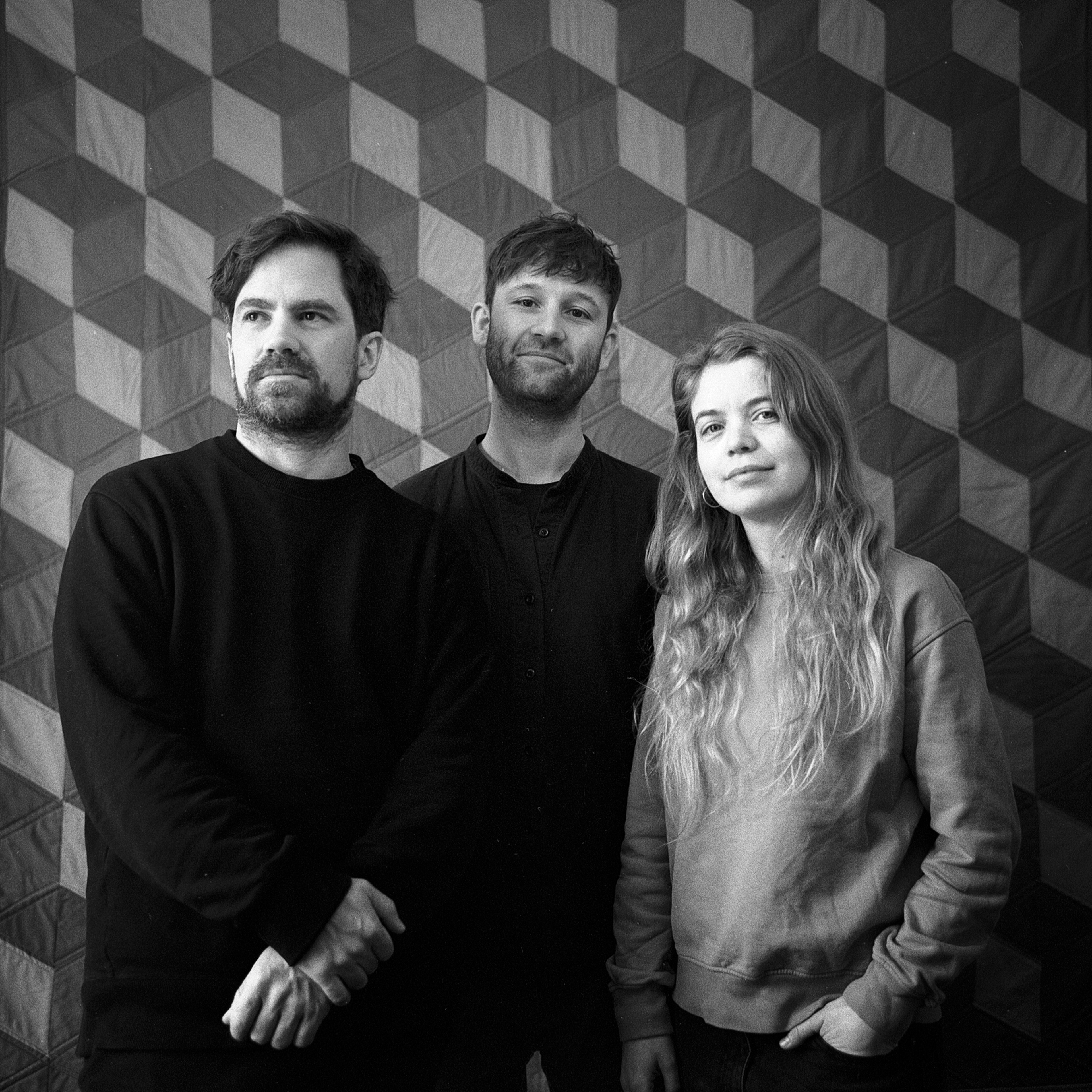
Projects
miré
A trio of composer-performer-improvisers, miré invite you into their world with a shadowy and mesmerising yet playful and virtuosic programme of music from their forthcoming EP. Through a series of their own compositions alongside improvisatory works, soprano Héloïse Werner, pianist/organist Kit Downes, and cellist Colin Alexander provoke, listen and react to create a soundworld like no other.
Learn about this project
News
Press
Outpost of Dreams (album review)
ECMJul 2024Winstone has latterly refined her tone to a steadily luminous delicacy in the upper register and a dark glow deep down, and Downes empathically coaxes her thoughts, segued into his own improv variations in the wide spaces she instinctively leaves. The pianist’s opening ‘El’ releases an exquisite Winstone glide – going from a purr to keening top-end euphoria – that fends off past regrets. Bley’s ‘Jesus Maria’ becomes an awed gaze at vulnerability and faith, and O’Rourke’s ‘Out of the Dancing Sea’ projects a woman’s enchantment at glimpses of meaning revealed by the natural world. Downes’s dreamily swaying ‘Nocturne’ illuminates how free and yet bonded these two are, and if Nina Simone’s treatment of the traditional ‘Black Is the Colour’ may never be rivalled, the veiled calamity of Winstone’s wistful version comes pretty close.
- John Fordham, The Guardian
- 05 July 2024
The pianist seems to have instinctively grasped what he can bring to Norma’s music, and the vocalist’s intuition over the years in picking musical partners has never failed her. Over the course of ten songs, there are no less than four original compositions by the duo, and new versions of two traditional songs. The original music seems to offer up endless possibilities for improvisation, and while the majority of the tracks are kept to five minutes or less there is a real sense of adventure and discovery in the music, and one can imagine how these pieces may be opened up in a live performance. […] Quite rightly Norma revisits work by John Taylor and Ralph Towner to whose compositions that she has provided the words in ‘Fly The Wind’ (which some may know under Taylor’s alternative title of ‘Wych Hazel’and ‘Beneath An Evening Sky’ respectively), but it is the reading of Carla Bley’s ‘Jesus Maria’ that surprises and delights the most. Downes’s arrangement of the tune is beautiful and emotive as are the words penned by Norma who was unaware that Carla had also written lyrics for the composition.
- Nick Lea, Jazz Views
- 04 July 2024
Vocalist Norma Winstone teams together with pianist Kit Downes for a collection of intimate duets on this latest release. Her voice is quite the instrument, sighing over Downes on ‘Black is the Colour’ and hovering like a haze during ‘El’. Downes’ touch has a dash of Bill Evans on the tensile undercurrent of ‘Jesus Maria’ and supplants Winstone’s story on the poetic ‘Out of the Dancing Sea’, with both creating a starlit sky during ‘Rowing Home’. Crystal sparkles.
- George W. Harris, Jazz Weekly
- 08 July 2024
This new album from Norma Winstone and Kit Downes is a marvel. […] Winstone can sing with any size group, but to me she was made for piano duets: she has recorded duets with John Taylor, Fred Hersch (Songs and Lullabies), and now with fellow Britisher Kit Downes. Her new disc is as distinguished as I would expect. Winstone wrote the lyrics to nine of the ten pieces on ‘Outpost of Dreams.’ The lyrics are meditations on what sounds like a sombre vision of eternity: ‘From the room where he lies/ all he sees is the sky’s changing light.’ […] Everywhere, Downes is not just supportive; he is an active and sensitive collaborator. His meditative solo on Carla Bley’s ‘Jesus Maria’ leads to Winstone’s entrance. These two seem made for each other. […] On this disc, Winstone and Downes have assembled a unique repertoire of interconnected songs. The singer remains a marvelous storyteller; Winstone’s clear and seductive voice paces time seductively.
- Michael Ullman, The Arts Fuse
- 19 July 2024
Any release by Norma Winstone is an event and ‘Outpost Of Dreams’, her much anticipated first album since 2018’s ‘Descansado’ (‘Songs For Films’) (ECM), rises to expectations. It presents her in a new duo setting with pianist Kit Downes, a star in his own right who is equally on point as an accompanist. His sensitive, empathetic playing here is a delight in itself.
- Chris May, All About Jazz
- 18 July 2024
Nine of the ten songs have original lyrics by Norma, and they work well, not least allowing the duo to open up plenty of space in – for example – Ralph Towner’s ‘Beneath an Evening Sky’. It’s an object lesson that creativity can be subtle and spacious – never better than on the traditional song ‘Black is the Colour of My True Love’s Hair’. When we get to the closing ‘Rowing Home’ we have shared a journey with them through a range of repertoire, from Towner and Carla Bley to John Taylor, as well as four memorable pieces by Kit. A treasure of an album.
- Alyn Shipton, Jazzwise (Editor’s Choice)
- 14 August 2024
Some of this quiet intensity can be attributed to Downes, who is nearly 50 years younger than Winstone. But while Winstone sounds younger than her years, Downes plays with the sensitivity and assurance of a much older musician. His intuitive phrasing, harmonic depth and gently dissonant melodicism make him an ideal musical partner for Winstone, emphasizing both the soothing beauty and ominous undertones of her work. […] Like Winstone, Downes thrives in hushed, shadowy territory but can also be surprisingly bright and jaunty. His tone possesses a bell-like delicacy that lends itself to the prowling tempos and introspective intensity of these songs, while being flexible enough to allow for assertively bluesy runs and rippling, Jarrett-esque lines, as on ‘Fly the Wind,’ which allows Winstone an opportunity to show that she can still scat with verve, and, compared to her salad days, some restraint. Whether interpreting other people’s compositions (Outpost features tunes by Carla Bley, Taylor and Ralph Towner, among others) or his own, Downes has a knotty flow and resonant touch that can embellish and support Winstone’s vocals but also pull them along in a current of its own, as on his dizzying ‘Nocturne.’
- Reed Jackson, Spectrum Culture
- 22 August 2024
The variegated albeit unified programme features two traditional items (‘Black Is The Colour’ and ‘Rowing Home’) as well as pieces by Downes (‘El’, ‘The Steppe’, ‘Nocturne’ and ‘In Search Of Sleep’), John Taylor (‘Fly The Wind’), Carla Bley (‘Jesus Maria’), Aidan O’Rourke (‘Out Of The Dancing Sea’) and Ralph Towner (‘Beneath An Evening Sky’). There’s a strong imagistic quality to Winstone’s lyrics (all printed in the sleeve) in pieces which range from the medium-up drive of ‘Fly The Wind’ to the near-atemporal spoken musings of ‘In Search Of Sleep’, rippling reveries of ‘Evening Sky’ and soaring, reflective and building quest for connection and consummation that is ‘The Steppe’. Throughout, Winstone’s intonation, unhurried command and range of phrasing, dynamics and emotional nuance mesmerise, set off beautifully by Downes’s rich yet astute pianism.
- Michael Tucker, Jazz Journal
- 17 September 2024
Breaking the Shell (album review)
Red Hook RecordsSep 2024Breaking the Shell is a boldly searching collaboration with the drummer Andrew Cyrille and Kit Downes.
- Alan Scherstuhl, The New York Times
A captivating set.
- Mike Hobart, Financial Times
Spacey, bleepy abstract voyages, softly surging free-jazz, electronic storms that gather against deep organ chords meet tender guitar ballads and soft melodic ascents.
- John Fordham, The Guardian
Celestial squeaks and strobes fusing celestial strangeness with a contemplation of the eternal.
- Chris Pearson, The Times (Best Jazz Albums of 2024)
Rarely has any album been more meditative, and rarely, if ever, has this configuration of instruments been on record.
- Jim Hynes, Glide Magazine
A spellbinding affair that roars with innovation.
- Pat Youngspiel, All About Jazz
This is a trio serving a force and a philosophy greater than itself. Bill Frisell, Kit Downes and Andrew Cyrille are like a tetrahedron, a triangular pyramid, a three-dimensional equilateral triangle with four faces, the fourth being the creation and contours of the music itself.
- Philip Watson
Simple, sublime melodies...
- Bill Milkoswki, Downbeat
This trio creates a wonderfully absorbing sound-world, with its immersive soundscapes bringing new perspective with each and every listen. It’s a true journey of discovery. Highly recommended listening.
- Mike Gates, UK Vibe
The trio's interactions are measured but astute, synthesizing a distinctive identity.
- Bill Meyer, The Wire
Vermillion (album review)
ECMMay 2022In the past his group with drummer James Maddren and bassist Petter Eldh released music as Enemy, but here the group is rebranded — perhaps to widen Downes’ portfolio — while pivoting from its old fusion-oriented sound for something more hushed. Still, it remains the work of a collective, as the bassist wrote as many of the tunes as the nominal leader, including the ravishing highlight, ‘Class Fails’. It’s a delicate recording where the tactile cymbal play of Maddren is heightened and the percussive snap of Eldh is muted, so in some ways the name change makes sense. There’s an emphasis on balladry, with each part of the triumvirate pulling out subtle melodic threads from the written themes like a magician, only for them to seemingly vanish as quickly as they appeared.
- Peter Margasak, The Quietus
- 31 January 2022
Downes traces his musical challenges back to his early mentor, pianist John Taylor, who passed in 2016 and to whom Downes dedicated his first ECM recording. It is though, another ECM artist I am reminded of whilst listening to ‘Vermillion’; Bobo Stenson. Downes seems to share with Stenson, especially in this piano trio setting, a flexible musicality that shines with originality, poise, and surprise. There are moments of magic in the music that are truly inspiring. As with all the best trios, we shouldn’t lose sight of the intuitive understanding provided by all three musicians, not just the lead instrument. Risk comes in subtle disguise as they navigate rich and varied structures. A powerful bass attack from Eldh is intercepted by the softest piano touch and an often unique harmonic language hides its intricacies in patient timing and warm cadences. Maddren’s percussive contribution is both assertive and adaptable, woven intelligently into the fabric of the music. […] Overall there’s a lovely feel to this recording, where construction and deconstruction exist in harmony, yielding gracefully melodious themes in the process. But it’s those little sparks and flourishes that stand out from this trio, delightfully rewarding the listener with some wonderful moments to savour.
- Mike Gates, UK Vibe
- 27 January 2022
Having long ago found a natural sweet spot between the melody-rich style of Bill Evans and his own classical training, Downes casually pulls the spotlight to lyricism, from both his playing and the accessible compositions that come from his and bassist Petter Eldh’s pens. The leader’s ‘Seceda’ and Eldh’s ‘Sandilands’ find Downes embellishing, but never obscuring, the tunes, while the rhythm section swings fluently. ‘Class Fails,’ composed by the bassist, and ‘Minus Monks,’ by Downes, both move through calmer, more crystalline waters, while the pianist’s ‘Rolling Thunder’ unmoors from strict parameters and unfolds more loosely than the rest of the tracks. While Downes, Eldh and drummer James Maddren all receive opportunities to show off their skills, the trio maintains an emphasis on the tunes, keeping improvisations succinct and the performances to the point. That approach serves to give the extemporizations a stronger impact when the players do indulge. A set-ending cover of Jimi Hendrix’s ‘Castles Made of Sand’ reiterates the trio’s commitment to Downes’ vision, remaking the song into a sterling example of everything Downes and his partners can accomplish.
- Michael Toland, The Big Takeover
This is an album in which clarity, beauty and accessibility prevail. The recording from a studio in Lugano, supervised by Manfred Eicher, is stunning. The album needs to listened to carefully because it is worth it. Part of ECM’s ethos was described by Manfred Eicher in a recent public interview in London as to ‘further the flow of the storytelling.’ That principle pervades ‘Vermillion’. There is astonishingly fine detail, but all of the tracks have a flow to them which sounds incredibly natural. These are players who know each other well, and their active, in-the-moment communication is capable of taking the listener to a different mood, a different vibe in an instant.
- Sebastian Scotney, The Arts Desk
- 14 February 2022
UK pianist Kit Downes unveils a terrific acoustic trio of cool fluency and conversational ease (including an oblique view of Jimi Hendrix’s ‘Castles Made of Sand’) with bassist Petter Eldh and drummer James Maddren on ‘Vermillion’.
- John Fordham, The Guardian
The trio dances around several rhythmically ambiguous moments throughout the record; right from the opener ‘Minus Monks’ it feels like Eldh and Maddren are right in lock-step behind Downes. With his background in popular styles like funk and hip-hop, Eldh in particular brings plenty of groove to the record, with his tunes ‘Plus Puls’ and ‘Waders’ toying with the rhythm in a similar way, the latter switching-up tempos in quick succession. Even zig-zagging in and out of different metres and tempos the pieces manage to keep their composure – this is certainly not easy music to nod along to at times, but a nice mental exercise to try and piece it together. […] Downes’ original tunes bring an equal amount of harmonic variety to Vermillion, stepping quickly between gentle moments and just as dizzying outbursts. Downes brings quite the painterly touch on the melodic side, like the pastoral tones of ‘Seceda’ centred around a warm chordal passage, or ‘Rolling Thunder’ that acts as an atmospheric interlude – sparse piano framed carefully by Maddren’s china hits and Eldh’s subtle bass counterpoint. Downes has been rightly praised in the past for his ability to ‘make difficult music sound natural’, and for sure there’s an unassuming complexity to the music on ‘Vermillion’ that manages to stay firmly in listenable territory without feeling like the trio are simply flexing their performance chops. The record closes out with a cover of Jimi Hendrix’s ‘Castles Made of Sand’, a pretty liberal interpretation of the song that, like the rest of the record, which sees the trio picking apart this music with apparent ease.
- Joshua Lee, Presto
- 11 February 2022
As a long time admirer of all three musicians I’m highly impressed with ‘Vermillion’, which represents something new and different for all of them. The writing is consistently intelligent and it’s interesting to compare and contrast the differing styles of Downes and Eldh within the overall ‘chamber music’ aesthetic that informs this particular album. […] ‘Vermillion’ is an album that distils the sound of Downes, Eldh and Maddren into something pure and concentrated, subtle and adventurous, and very much in the spirit of both the individual musicians and of Manfred Eicher and his esteemed label.
- Ian Mann, The Jazz Mann
- 24 February 2022
The intention of these sessions was to explore different ways of capturing the essence of chamber music in a jazz setting. That said, the album doesn’t sound like that at all. Instead, it is a captivating exercise in reinvention for a 21st century jazz piano trio. Downes is an intricate player who instinctively grasps aesthetic and technical difficulties in advanced harmonic systems and rhythmic development, but he’s always made them accessible without reduction. He couldn’t have asked for a more intuitive rhythm section to aid him. […] ‘Vermillion’ is seamless. There are no pyrotechnics, only intimate communication that revels in its organic approach to harmonic invention, dynamic use of space, and deft rhythmic interplay.
- Thom Jurek, All Music
- 11 February 2022
Fragments of melody fanned by wafting drum and bass accompaniment (from Petter Eldh and James Maddren respectively) are the product of carefully considered deconstruction. Downes has pointed to the late great John Taylor’s influence on his music and it’s evident here in the young pianist’s sublime lyricism and his textured approach to improvising.
- Garry Booth, BBC Music Magazine (Five stars)
Downes’ piano has a cinematic quality that allows the trio to explore a wide range of moods and motifs. On ‘Rolling Thunder’, his notes are sparse yet muscular, evoking a noir scene for Eldh’s ominous bass lines. […] Throughout the record, Downes and Eldh engage in call and response to explore intersections of chamber music and jazz. […] Maddren’s chameleonic drums, which have been the rhythm backbone to many of Downes’ projects, play an integral role in this record, moving seamlessly from blues backbeats in ‘Sister, Sister’ to orchestral lines in ‘Bobbl’s Song’. This is a trio that is equally comfortable in the expansiveness of free jazz and the methodical structures of chamber music. ‘Vermillion’ showcases its prowess and synergy.
- Ivana Ng, Downbeat
- 01 May 2022
Dreamlife of Debris
ECMOct 2019When keyboardist Kit Downes released ‘Obsidian’ last year on ECM, it was a stunning album. He investigated three separate pipe organs of various sizes and the acoustic properties of each church, and the compositions yielded some provocative and stimulating music. With ‘Dreamlife Of Debris’ the follow up to last year’s effort, Downes utilizes not only the pipe organ once again from St. John’s the Baptist in Snape but also piano, his main instrument. The music is an expansion of that found on ‘Obsidian’ by Downes surrounding the keyboards with Tom Challenger on tenor saxophone (playing a larger role than the former album) cellist Lucy Railton, guitarist Stian Westerhus, and ECM regular, drummer Sebastian Rochford. […] The sound stage is quite large with aerated piano, massive organ with the forceful sound of air moving through pipes, ghost like guitar, present cello, and saxophone. The album is most certainly reference quality and will thrill audiophiles […] The pipe organ is a incredible vessel for composition as a forefather of the modern synthesizer. Through a unique blend of organ, piano, tenor saxophone, cello, guitar and drums it is a journey through the unconscious where one is confronted with everything. The chamber aspect of most of the compositions does blur the line between the written and improvised and is performed in such a way that it is unclear where one line ends and the next begins. Through this masterful use of blurred lines the listener to focus on the arresting array of tones and textures used to convey the message.
- CJ Shearn, Jazz Views (Ten out of ten stars)
Kit Downes, who topped the categories Rising Star–Keyboard and Rising Star–Organ in the 2019 DownBeat Critics Poll, turns in his second leader date for the venerated ECM Records, ‘Dreamlife Of Debris’, and rather easily coaxes spirited exhortations and divine simplicity out of a piano, as well as a church organ. But it’s the combination of Downes’ ghostly organ turns and the placid longtones of Tom Challenger’s tenor saxophone that make the album’s title such a fitting thing. […] the bandleader’s own ‘Circinus’ finds his organ copping some uncluttered version of decades-old austerity, while cellist Lucy Railton bows the changes and Challenger’s horn sweeps through emotions. It’s a sturdy formula that peaceably works throughout the recording. A couple of tunes set Downes at an acoustic piano, his bandmates helping to mimic the dark and dour image of the album cover. ‘Blackeye,’ the closer where Downes and Challenger split writing credits, opens with a contemplative feeling that’s not just pervasive here, but across a bunch of ECM works. The pair and Railton float around on clouds for about a minute-and-a-half; then 15 seconds of silence. Downes switches to organ and, making his most concerted contribution to ‘Dreamlife’, Seb Rochford comes padding in on an augmented kit that sounds like it largely consists of toms and a gong. It’s Moondog territory, and it sends the band toward its most propulsive, songlike statements. It’s also the most aggressive-sounding composition Downes has recorded on either of his leader dates for ECM. It still might not be a jazz tune, but ‘Blackeye’ is a deeply affecting sonic turn that’s a surprise and a nod toward less experimental works—if only just vaguely.
- Dave Cantor, Downbeat (Editor’s Pick)
- 01 November 2019
The album is drawn from sessions recorded at two UK locations – the 13th century church of St John the Baptist in the village of Snape in the Suffolk countryside and St Paul’s Hall (a converted 19th century church) at Huddersfield University – where the musicians arrived to variously interact with Downes. The instrumentalists meet – as Downes puts it – ‘in a space with no singular character’, with a dream-like ambience being created through overdubs and collage. Although the players do not come together as an ensemble, their appearance as individuals in changing constellations influences the direction of the shape-shifting music triggered by Downes’s improvising, arranging and composing. The intuitive, effortlessly ethereal understanding between Downes and saxophonist Challenger is built on years of performing and recording together, and it shows. When two musicians of this calibre share the same wavelength at an identical moment in time, the results, as heard here, are quite simply stunning. […] The music on ‘Dreamlife of Debris’ has a timeless quality to it that is a rare gift. Immerse yourself in it and you will be carried away by its beauty. It has intrigue, it has depth, it has wonder.
- Mike Gates, UK Vibe
- 01 December 2019
The austere sonority of the church organ isn’ t something that would seem a natural fit with jazz (being better suited to the choppy sound of the Hammond), but it has been utilized to good effect in the past, notably by Keith Jarrett and Jan Garbarek. On ‘Dreamlife of Debris’ pianist Kit Downes continues his exploration of the unique timbres the church organ can offer and has surrounded himself with a top-flight group of improvisers; Tom Challenger (tenor saxophone), Stian Westerhus (guitar), Lucy Railton (cello), Sebastian Rochford (drums). Downes has played in duo capacities with Challenger, Railton and Rochford over the years, and there is the unmistakable sense of all involved being perfectly at home in Downes’s idiom.
- Matt Groom, Presto Jazz (Recording of the Week)
- 29 November 2019
Inspired, Downes conjures spectral soundscapes and fluctuating moods with sparse piano cadences, rhythmic understatement and the unmistakable sonics of an English parish church organ […] Tom Challenger’s airy resonance on tenor sax, Norwegian guitarist Stian Westerhus’s synthesized unease and, on ‘Pinwheel’, Lucy Railton’s scratchy cello sustains all complete the album’s ethereal aesthetic. […] the album is dominated by the modulating textures of keyboards and sax improvising freely or post-produced into otherworldly soundscapes.
- Mike Hobart, Financial Times
- 20 December 2019
Kit Downes follows 2018’s ‘Obsidian’ album, an idiosyncratic solo exploration of the pipe organ, with this quintet work of other-worldly beauty. Although largely improvised around pre-written themes (the pieces are named after galaxies), studio edits and overlays were used to heighten the sound’s celestial textures. Downes stays at the centre of the music and, while sax player Tom Challenger is never far away, the other players move in and out of orbit. […] The programme is consummated by ‘Blackeye’, Rochford’s snare and splashing ride cymbals assailing the organ’s grandiose edifice of sound. It is jazz – but not as we know it.
- Garry Booth, BBC Music Magazine (five stars)
- 13 November 2020
Obsidian (album review)
ECMJan 2018On this solo recording (with the exception of a single track) Downes utilizes organs at three UK locations; London's Union Chapel, St. John's in Snape and St. Edmund's Church in Bromeswell. As explained in the liner notes, Downes long fascination with the organ extended to his transformational wish to play on these different instruments and find a way to have them communicate with each other. Certainly, each has individual characteristics and a unique voice that may be apparent when listening in the context that Downes has laid out. […] Downes' creative approach on Obsidian ranges from singular spontaneous improvisations to multiple reassembled improvisations, to building on—and around—concepts. A key inspiration is French composer and organist Olivier Messiaen who Downes explains ...’blends the sounds of the instrument to give real form and colour to the performance. You can be both an improviser and an orchestrator in the moment.’ Messiaen, in fact, rejected much of the analytical terminology of music suggesting that there is only music with, or without, color. Downes has taken that to heart on this beautiful collection and he has plans to expand on his use of the organ in a future project. ‘Obsidian‘ is highly recommended.
- Karl Ackermann, All About Jazz
- 09 January 2018
There’s a haunting, ethereal quality that pervades throughout. And though Downes has cited the twentieth-century French composer, improviser, and organist Olivier Messiaen as an influence — makes sense, since he does all of the above — at times there are echoes of the minimalist Terry Riley, especially in ‘Modern Gods,’ the only piece on which he uses an accompanist, the tenor saxophonist Tom Challenger, who collaborates frequently with Downes. It recalls moments of the saxophone-organ duo in Riley’s 1972 ‘Happy Ending.’ Is ‘Obsidian’ a jazz album? It’s not Wild Bill Davis, Jimmy Smith, or Lonnie Smith, but if it’s not soul-jazz, it does have soul. He was first turned on to the piano, according to the liner notes, by listening to Oscar Peterson, and is now fully entrenched in the British jazz scene; he dedicates the album to John Taylor, the English jazz pianist who died in 2015. Anyway, call it what you want. I’ll call it quietly riveting. In a world going to hell, Kit Downes is playing for the angels — what’s left of them.
- Michael J. Agovino, Village Voice
‘Obsidian’ is a fascinating exploration of an instrument little used in jazz. Most of us have had significant engagement with the church organ throughout our lives yet will not have heard it outside of its traditional setting in the church. To hear Downes investigate its orchestral and improvisational possibilities is like finding out a secret about a friend you’ve known all your life. A secret which you never knew but always suspected was a possibility.
- John Marley, Jazz Views
Kit Downes’ beautifully crafted thematic improvisations for church organ mingle serene moods and stately counterpoints with the jump and scatter of improv and an underlying sense of unease. […] Later Downes is joined by Tom Challenger on tenor saxophone, rekindling their previous recordings. Challenger plays ‘Modern Gods’ in unison at first, sounding much like an extra organ pipe. As the piece builds, the two instruments become distinct until they peak with dense chords and sustained single-note sax. […] The CD ends with ‘The Gift’, a mix of hymn and lament co-composed by Downes and his father Paul and played on the single-manual church organ at St Edmunds in Bromeswell. The melody is simple, warm and plangent, and Downes’ development keeps the balance intact. It is a gem.
- Mike Hobart, Financial Times
- 02 February 2018
Many of the tracks feature the organs miked close up, so the listener gets a sense of the mechanical noises coming from the instruments. I love the variety of music on the album and Downes’ fresh, improvisational approach to the music. He’s an experimenter, changing the stop positions and footwork, and exploring the myriad sounds of the organs. Just like with Keith Jarrett’s 1976 album ‘Hymns/Spheres’ years ago, I have been listening over and over to Obsidian and still discover new gems each time.
- Tom Schnabel, KCRW Rhythm Planet
- 28 March 2018
The compositions are for three separate church organs: one large (the three-manual instrument at London’s Union Chapel), one medium-sized and one small (organs with, respectively, two manuals and a single manual in a couple of East Suffolk churches). The sounds they produce, of course, are rather different, due partly to the instruments themselves, partly to the acoustic properties of the buildings they inhabit. Downes, who was a chorister and church organist in Norwich before becoming a professional jazz musician, plays both to and with these differences in a selection of compositions which is pleasingly varied yet admirably coherent. The opening ‘Kings’, for example, played on the Union Chapel organ, has a brooding majesty, its steady procession of low pulse-notes overlaid with higher scales suggestive of fanfares, whereas the closing ‘The Gift’, for the single-manual instrument, has a tender, quiet simplicity evocative almost of a folk song. (In fact, the melody is from a hymn written by Downes’ father.)
- Geoff Andrew, Notes & Observations
- 27 March 2018
Made in three churches, each with its own acoustics and, of course, organ, the record is beautifully recorded, full of depth and nuance, and it sounds particularly good through headphones. On the last track, the gentle tune ‘The Gift’ (based on a composition by Downes' father) it is possible to hear birds singing in the background, adding to the bucolic feeling. […] It is a powerful record: these instruments create a big sound. Although the locations may be ecclesiastic, the music is secular. Downes produces some surprising sounds from the organs, such as other-worldly bleeps and whistles on ‘Rings Of Saturn’ or cetacean moans on ‘Last Leviathan’. At time he makes the organ roar; at other, it is as if it is simmering, waiting to be let loose.
- Patrick Hadfield, London Jazz News
- 03 May 2018
Press Quotes
VariousOne of the finest of his generation
- Jazzwise
World-class in stature
- The Guardian
An inspired blow-out that would raise the roof of any rural house of God
- The Times
Of all the concerts I have heard in this space, Downes’ command of the intricacies and expressive potential of that grand and ancient instrument, the pipe organ, were the most impressive
- Josef Woodward, Downbeat Magazine
Downes teases sounds from the great organ, eliciting a powerful effervescence from the pipes - an exceptional soloist
- Wormser Zeitung
Some of the greatest moments (of the festival) this year were the gentlest, such as the organist Kit Downes’s encore, Luciano Berio’s 1964 setting of the American folk song ‘Black Is The Colour (of My True Love’s Hair)’ - a luminous glow to the encore
- Guy Dammann, The Spectator
As the sounds were some of the most unique and exciting we have ever heard at the festival. He played melodic and accessible pieces mixed with some longer, more improv heavy works. The highest notes chimed like jingle bells and the lowest were guttural deep rumbling moans that were felt as much as heard. It was a cultural experience beyond just a set of music at a festival, and one we won’t soon forget
- Eli Stein, NYS Music
There’s a haunting, ethereal quality that pervades throughout. Quietly riveting. In a world going to hell, Kit Downes is playing for the angels — what’s left of them
- Village Voice
I love the variety of music on the album and Downes’ fresh, improvisational approach to the music. I have been listening over and over to Obsidian and still discover new gems each time
- KCRW Rhythm Planet
